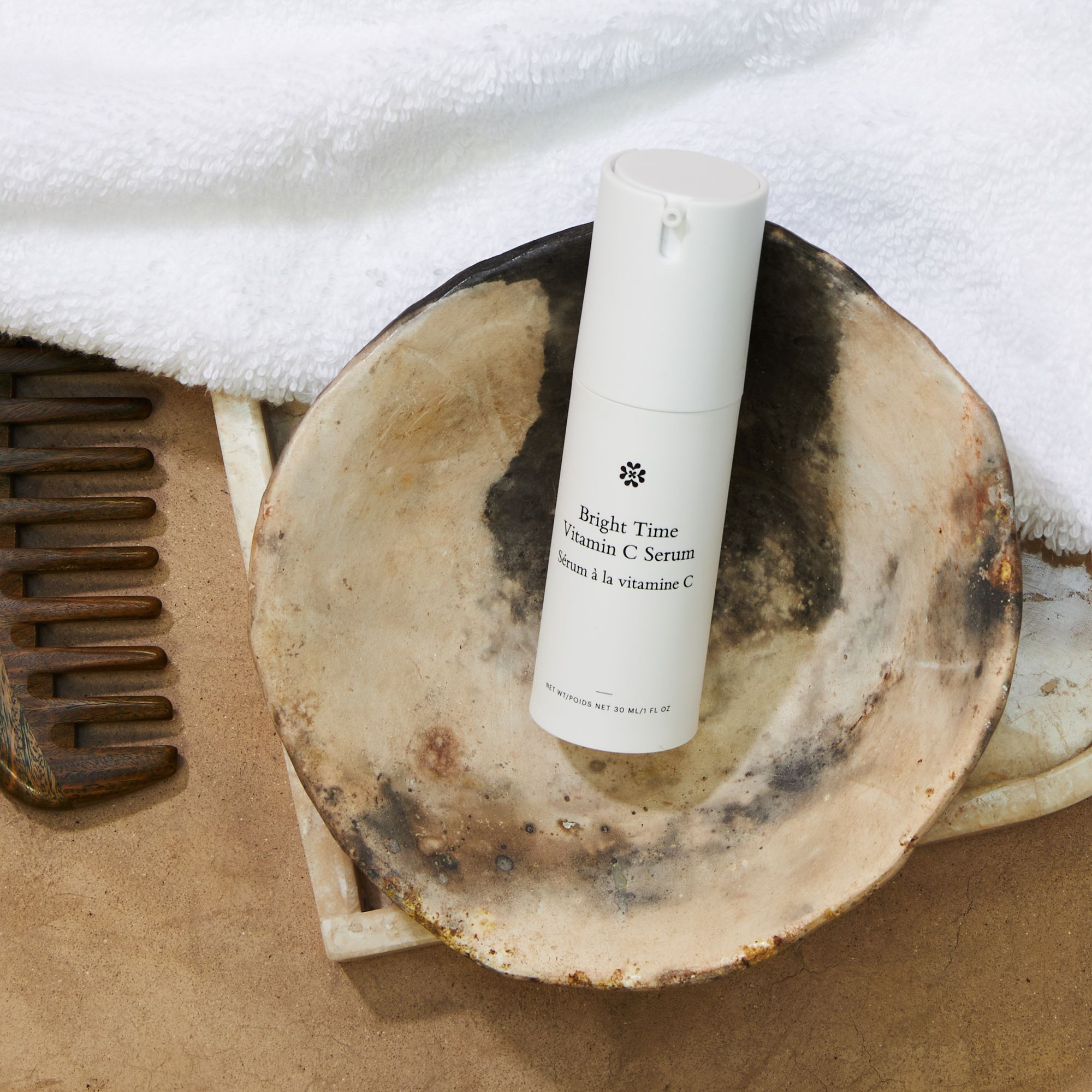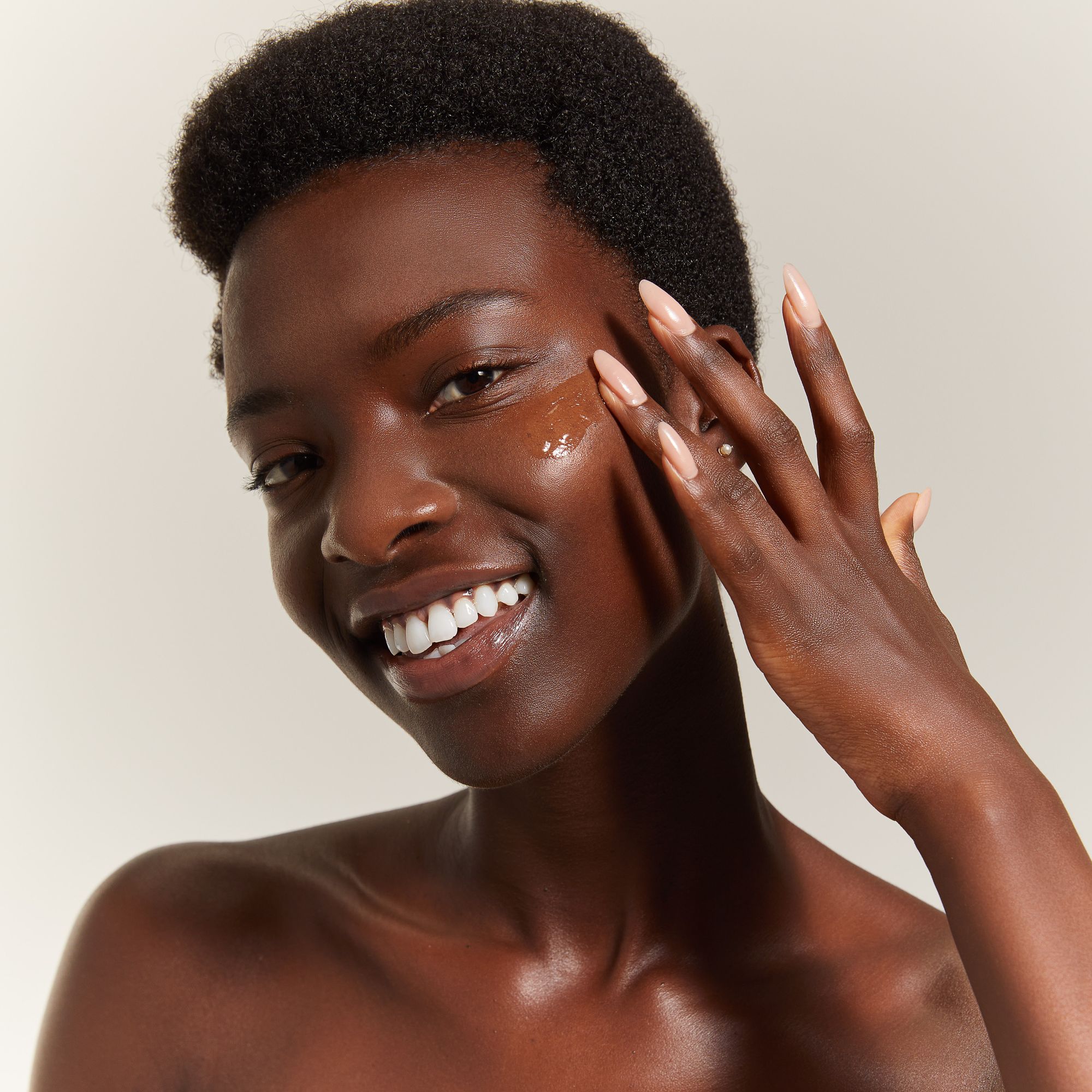With so much conflicting information, it can be hard to know what you should and shouldn’t be doing when it comes to hydrating your skin. This guide will help you understand the basics of this process and provide some simple tips on keeping your skin looking its best.
But first, why is skin hydration important?
Proper hydration helps to keep your skin looking youthful and radiant. When your skin is properly hydrated, it can better protect itself from environmental hazards like sun exposure and dry air. It also helps to keep your skin elastic and better able to heal minor cuts or scrapes.
Now that you know better, let’s look at the dos and don’ts of achieving optimal hydration.
Do:
1. Keep your skin clean.
Proper skin hydration starts with a clean foundation. Keeping your face clean helps remove dirt, oil, bacteria, and other unwanted impurities from the surface of your skin. Use a gentle cleanser twice daily (once in the morning and once at night) to ensure that your pores stay clear and that any products you apply will penetrate deeply into your skin.
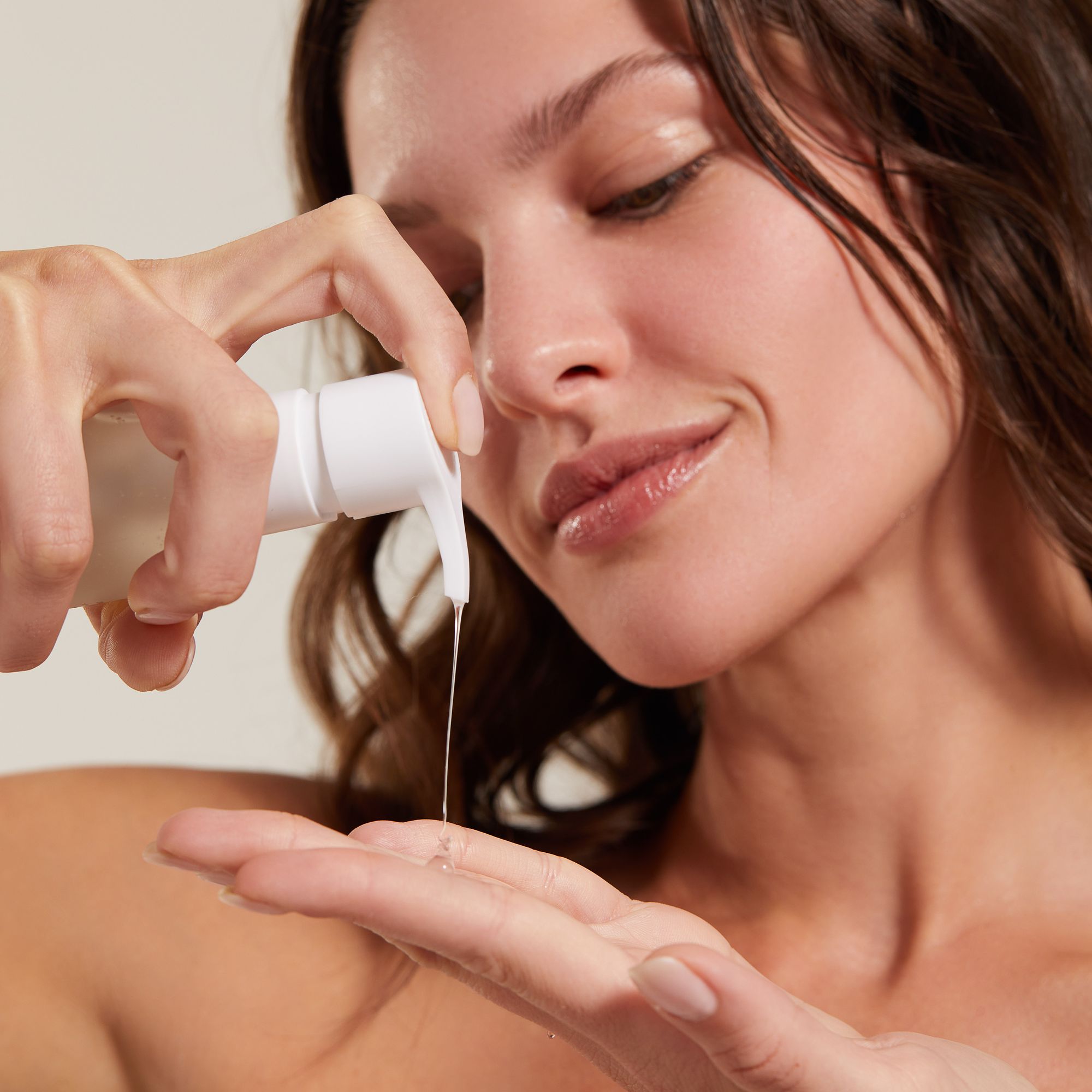
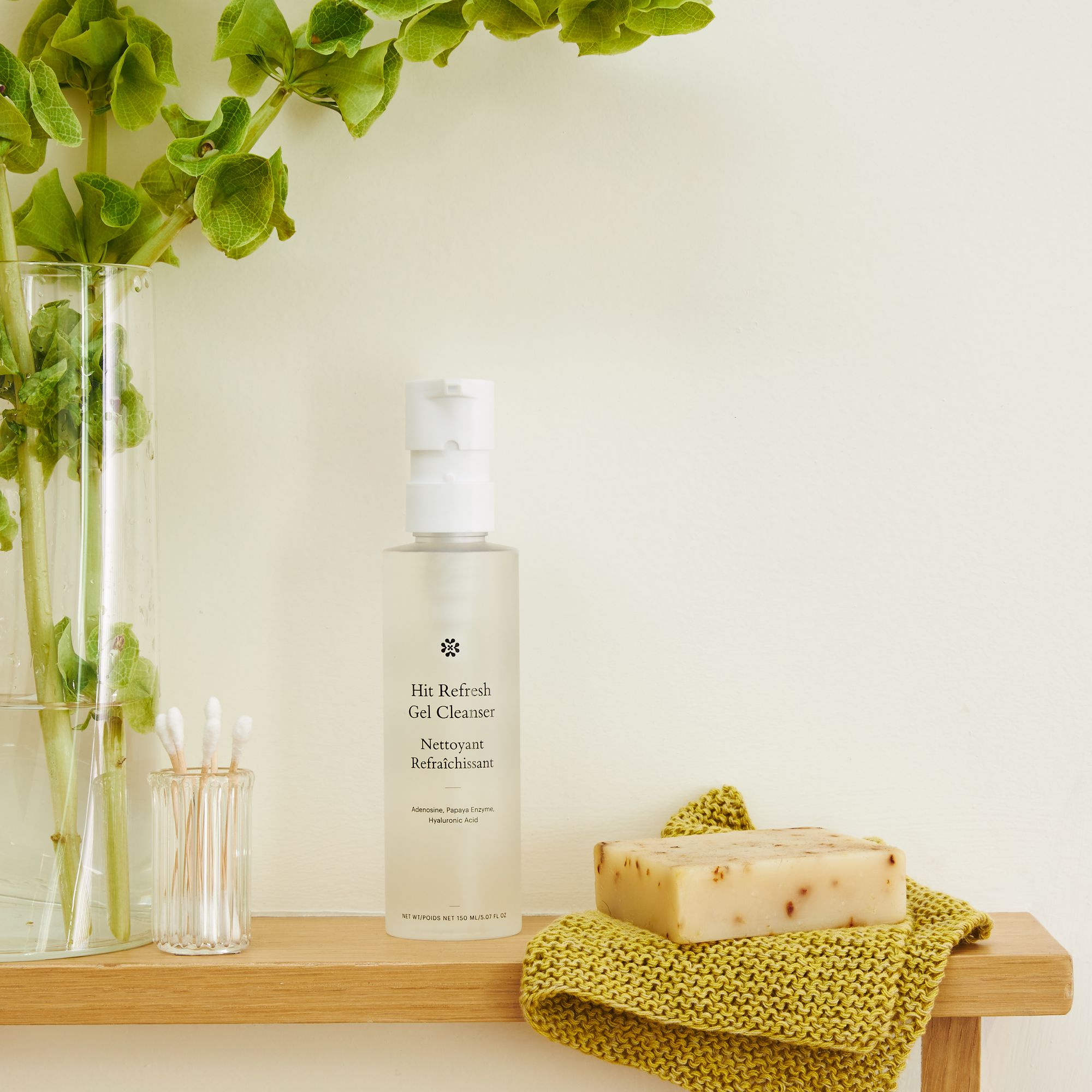
2. Drink plenty of water to hydrate your skin from the inside out.
Making sure to get plenty of fluids throughout the day is vital when it comes to skin hydration. Water helps flush out toxins, keeps your cells healthy, and supports your body’s natural healing process. Plus, drinking enough water reduces puffiness and enables you to maintain a youthful appearance.
3. Use moisturizers and lotions that are designed for your skin type.
Finding a moisturizer or lotion that is right for your skin can be tricky. Still, it can ultimately make a huge difference in skin hydration. Always read labels carefully and opt for products specifically formulated for your skin type (oily, dry, sensitive, etc.) This will help ensure you get the hydration your skin needs without any added irritants or harmful ingredients.
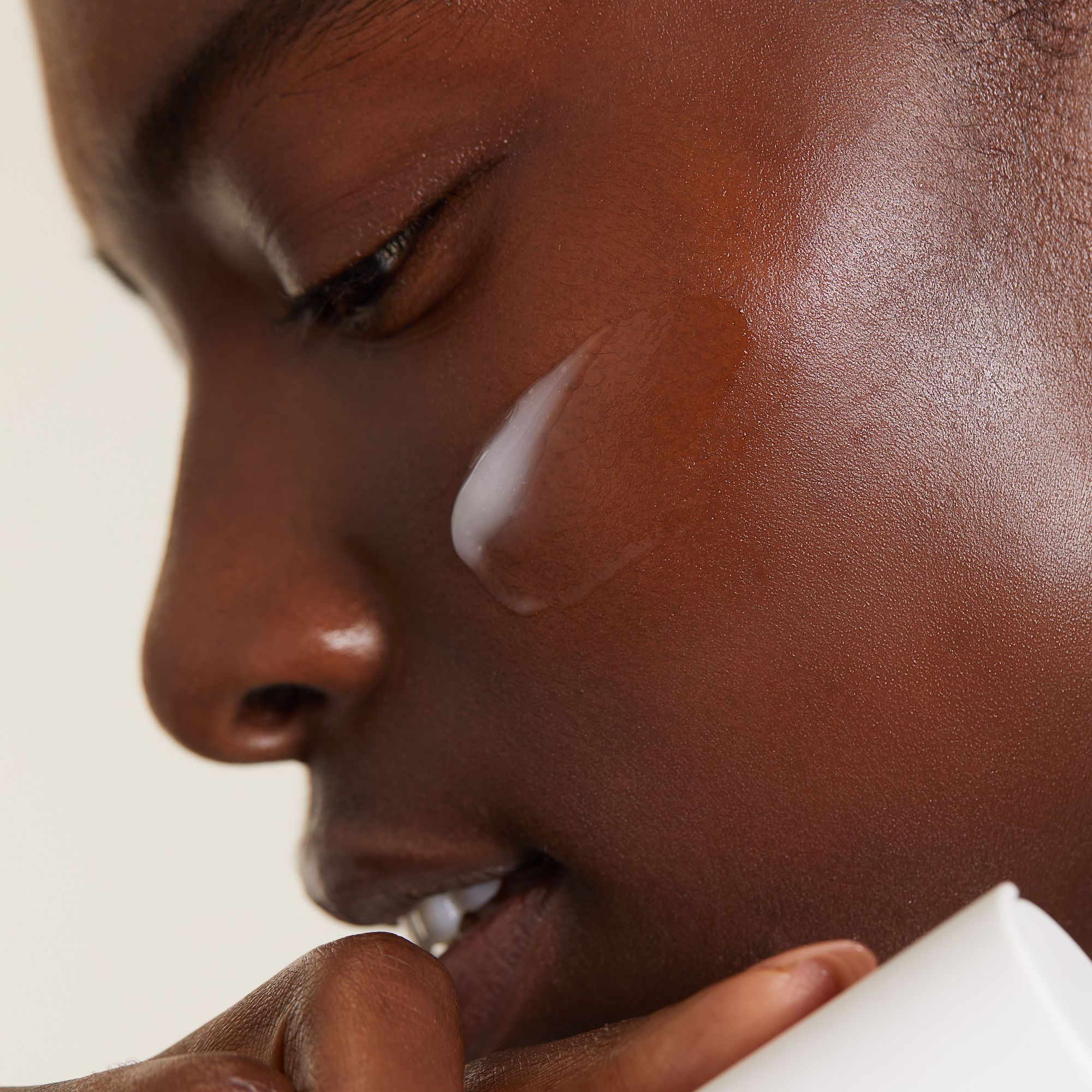
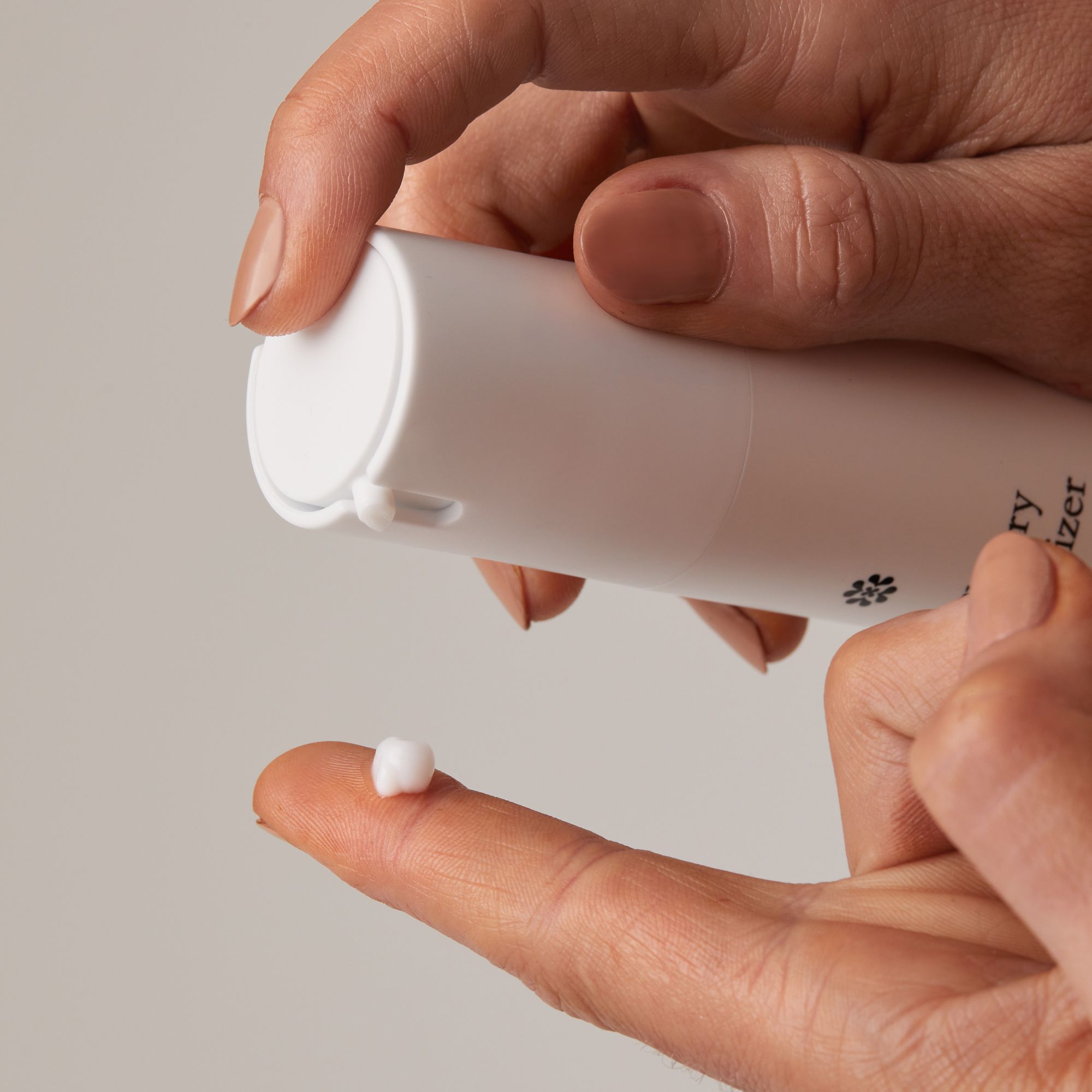
Here's a tip: Look for products that contain natural oils, such as jojoba oil or almond oil, to help nourish and hydrate your skin.
Now, does proper skincare have to be expensive? Absolutely not! You don’t have to skimp on quality just because you have a budget to stick to. There are plenty of affordable products out there that can provide your skin with the hydration it needs without breaking the bank. All you have to do is research until you find what works best for you.
4. Limit your exposure to the sun and use sunscreen when out for more than 15 minutes.
The sun’s UV rays can damage your skin and contribute to premature aging and dryness. Make sure to seek shade whenever possible or wear protective clothing. Also, use sunscreen with SPF 30 or higher when you know you will stay outdoors for more than 15 minutes.
5. Eat foods high in antioxidants.
Antioxidants help protect skin cells from free radicals and can be found in various foods such as fruits, vegetables, dark chocolate, nuts, and green tea. Incorporating these into your diet can help reduce inflammation, support healthy skin cell turnover, and fight the signs of aging. Examples of antioxidant-rich foods are blueberries, spinach, and sweet potatoes.
6. Water fasting
Water fasting is an increasingly popular way to reset your body and give it proper rest. During a fast, you don't consume solid food but only drink water for an extended period – typically one to three days. This helps detoxify your system and can help promote healthy skin cell regeneration. However, if you have a preexisting health condition, please consult your doctor before trying this out.
Don’t:
1. Over-exfoliate your skin.
Exfoliating is essential for removing dead cells from the skin's surface, but it can easily be overdone. Too much scrubbing can irritate and strip away too many of the skin’s natural oils, leaving it dry and vulnerable to damage. Stick to exfoliating no more than twice a week with gentle products designed for your skin type.
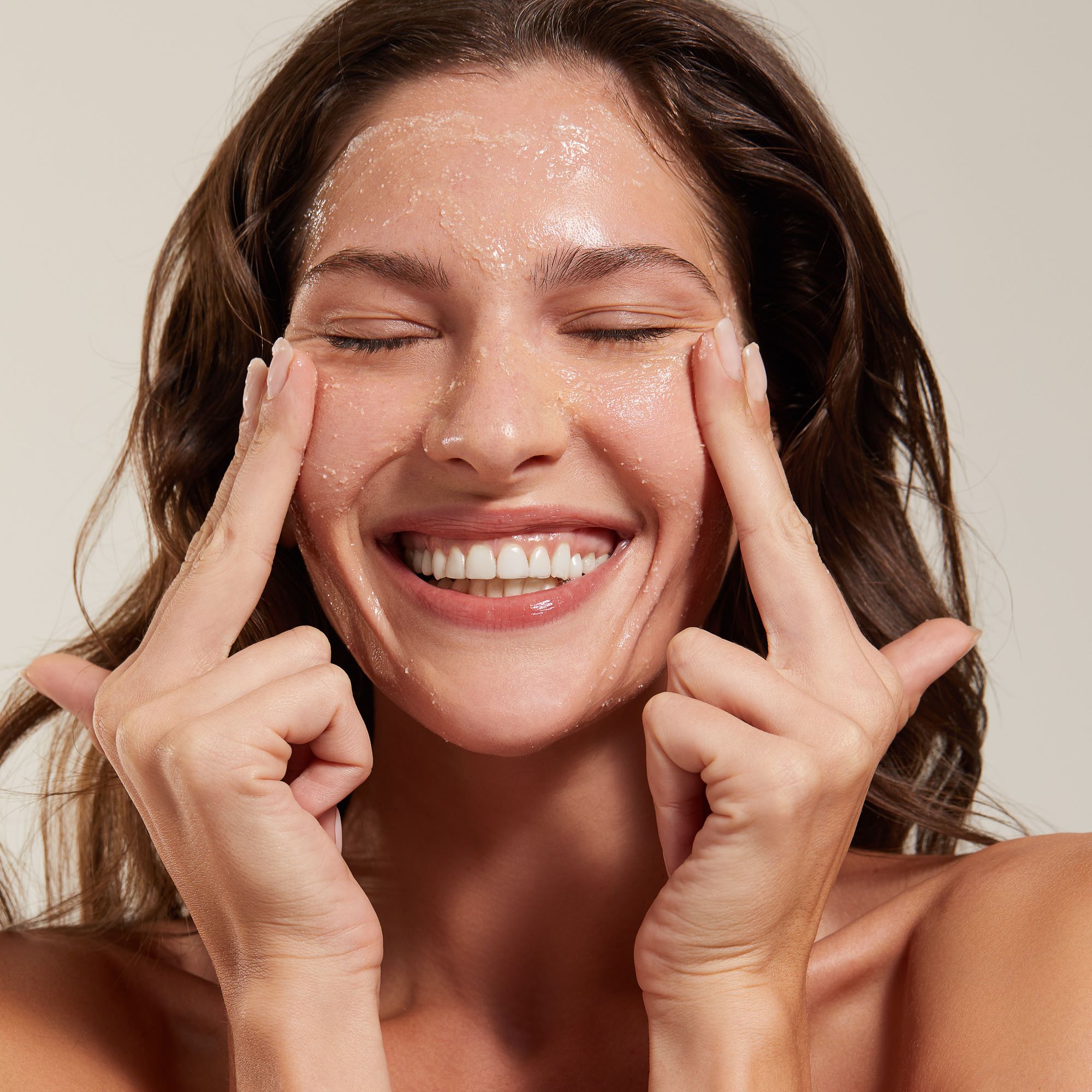
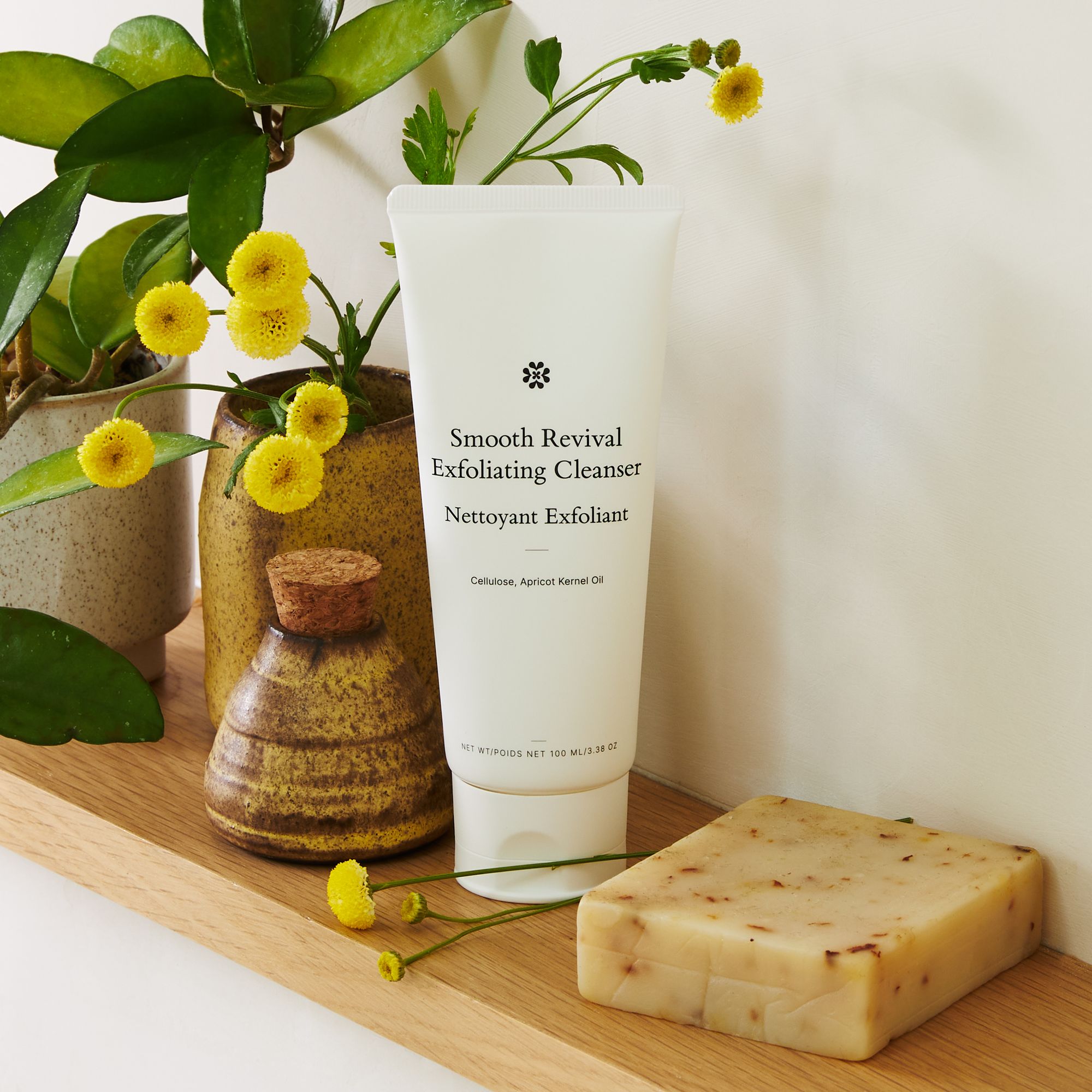
2. Use harsh cleansers or toners.
Harsh cleansers may feel like they’re doing an excellent job getting rid of dirt and oil, but they can damage your skin in the long run. Opt for a gentle cleanser that won’t strip away your skin’s natural oils and will help balance your skin's pH. As for toners, look for alcohol-free options, as these can contain drying ingredients that can do more harm than good.
3. Take hot showers or baths.
Hot water can feel great when you’re feeling sore or tired. However, it can be hard on your skin. Hot showers and baths can strip away the skin’s natural oils and leave it dry, tight, and itchy. Stick to lukewarm or slightly warm water when bathing, and limit the time you spend in the shower.
4. Overindulge in sugary and processed foods.
Too much sugar can cause inflammation, leading to skin problems like acne and sensitivity. On top of that, processed foods are often loaded with unhealthy fats and additives that can cause your skin to lose its natural glow. Eating a diet rich in whole, natural foods like fruits, vegetables, and lean proteins will help ensure that your skin gets all the essential nutrients it needs to stay healthy.
5. Forget to apply moisturizer after washing your hands.
Washing your hands throughout the day is essential, but make sure you’re following up with a moisturizer afterward. This will help keep your skin hydrated and protected from the harsh chemicals in soaps and sanitizers.
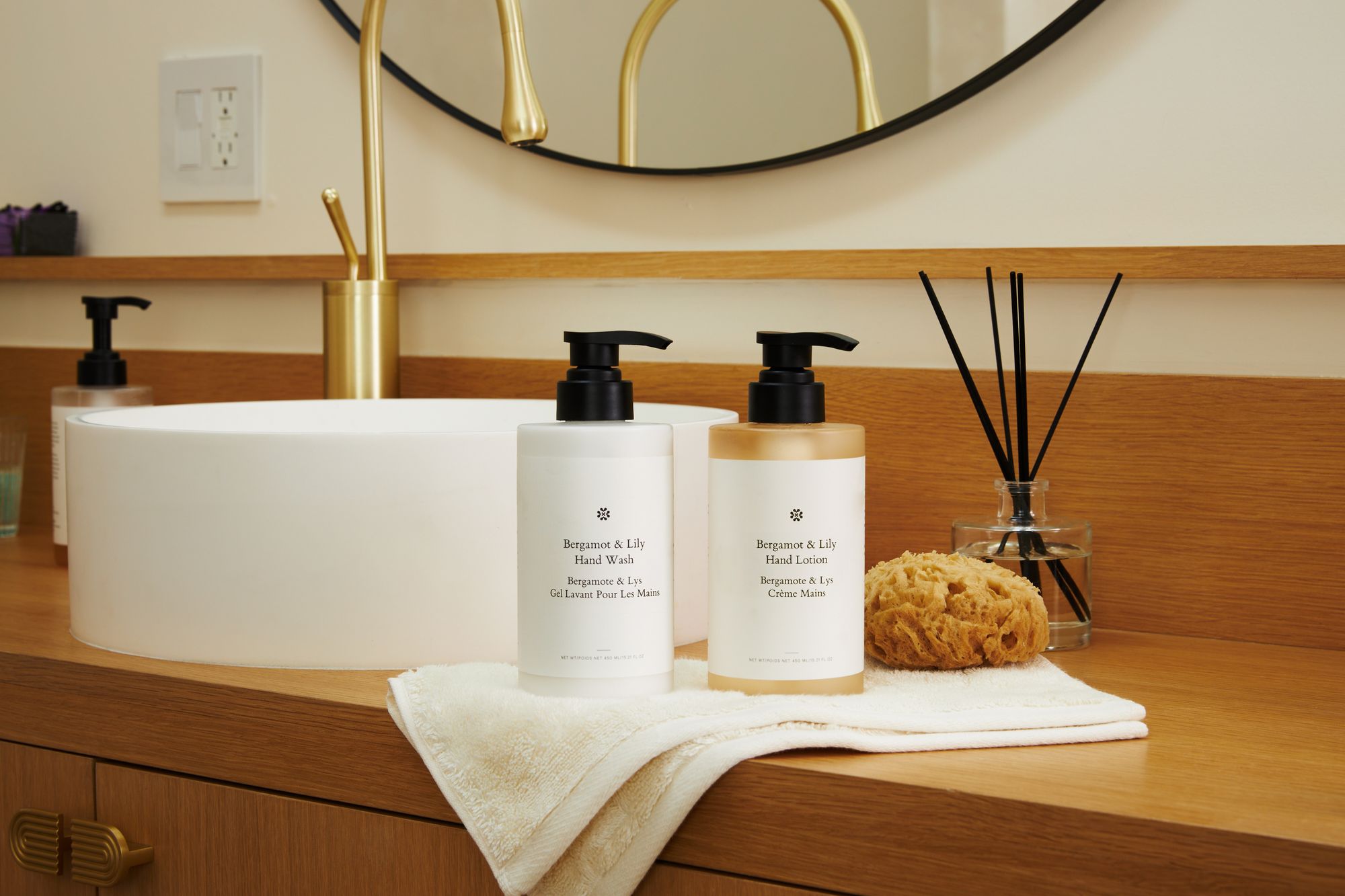
6. Skip out on sleep.
Sleep is essential for healthy skin as it gives your body time to repair damage from environmental stressors and regenerate new cells. Make sure you’re getting at least 8 hours of quality sleep per night to keep your skin looking its best.
7. Smoke or drink excessive amounts of alcohol.
Smoking and drinking can have serious effects on your skin’s health, so it’s best to avoid them if possible. Smoking reduces blood flow to the skin, leading to premature wrinkles and a dull complexion. Drinking too much alcohol can cause dehydration and inflammation.
A note from Italic.
Achieving optimal levels of skin hydration requires patience and dedication — but it’s well worth it once you begin seeing results! Which of the tips above will you be trying? Do you have your own skincare do’s and don’ts? Let us know in the comments below!
